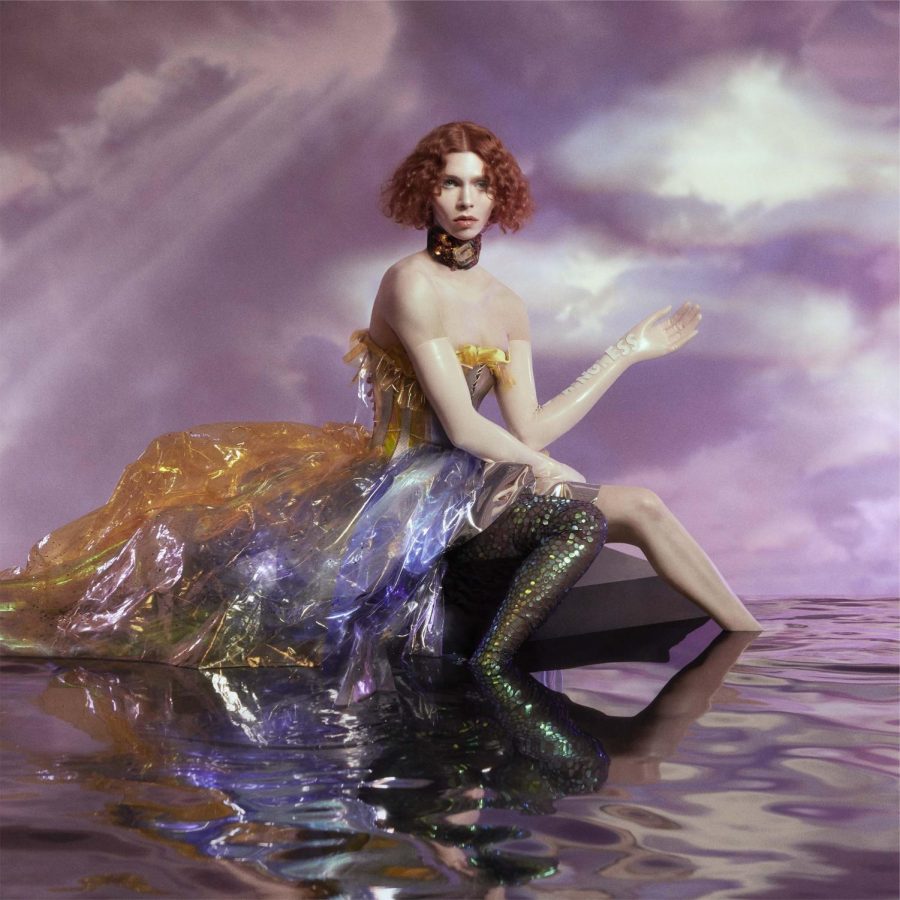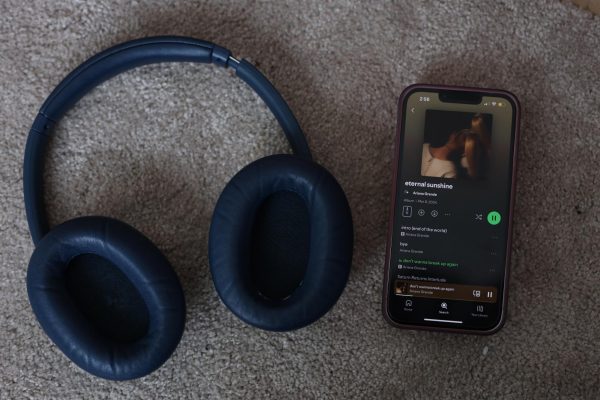Remembering Sophie
It can be difficult to put into words the emptiness that strikes us when we lose a beautiful soul too soon. Only once they are lost do we appreciate the work they did to brighten our futures. Sophie, the Scottish experimental pop artist, celebrated authenticity and life in all she did. Acknowledging herself as a transgender experimental artist, Sophie’s recent passing on Jan. 30 at the young age of 34 was a tragic loss that continues to be grieved by the communities she inspired. From the very beginning, Sophie was dedicated to transforming the world with the overlapping realms of identity, music and art. Even in her final moments searching for the full moon in Athens, Greece, Sophie embodied a genuine curiosity and love for the world.
From the young age of 10 years old, Sophie pleaded with their parents to drop out of school and create music full time. This was no surprise to Sophie’s dad who had just started to take Sophie to raves at this age. The genre of electronic music is not anything particularly new, but in Sophie’s eyes, it became a malleable field open to experimentation. Sophie had all of the tools to create and transform the genre, and that’s exactly what she did.
Sophie was quick to learn the keyboard, an early birthday gift, and progress in her music career. Her adult career began when she joined the band “Motherland,” an alternative/indie band that started in 2014. Sophie began her career anonymously, hiding her voice and body from interviews and the press. Sophie’s single “Bipp” in 2013 was the first of her songs to receive glowing attention, surfacing her into the industry as an anonymous artist. The mysterious persona left many struggling to connect with an individual behind the techno music, and in a way, allowed Sophie’s music to stand for itself. 2014’s “Lemonade” arose with featured vocals from prior bandmates, and “Hard” initiated her work with PC artists, specifically GFOTY. Both songs gained a strong interest from the tech/pop industry, and intrigued listeners to learn more about Sophie’s production process.
Sophie relied on mixing sounds rather than pulling from samples, while also using the Monomachine to create plastic-like instrumentals that set her experimental dance music apart from the rest. Sophie’s electronic sound and “hyperkinetic” take on pop music encouraged collaboration among many of pop’s thriving artists, including Charli XCX, Madonna, Vince Staples and Namie Amuro. Charli XCX began a collaboration with Sophie in 2015, and by 2016 the two had worked closely to produce Charli’s album “Vroom Vroom,” where Sophie’s production work allowed Charli XCX to create “the most pop thing and the most electric thing” she had ever released. Their connection grew as Sophie traveled on tour with Charli XCX, and would continue to assist in her productions, helping to form the radiating confidence and energy found through Charli’s current music.
Of Sophie’s many inspirations, Madonna was a prominent figure. Sophie recalls that Madonna truly “created the blueprint for modern pop stars.” Sophie was able to work with Madonna to co-write and co-produce the track “B**** I’m Madonna” in 2015, further widening her platform. Sophie reflected on Madonna’s past work as quite vast, with each phase a new chapter in her story of self-discovery. In many ways, the same can be said about Sophie, an artist whose work continued to grow with her ever-changing identity.
One of the unique elements that entices me about Sophie is her fearlessness to produce music as a multilevel platform. Sophie’s identity was released in 2017 through the work of her music video “It’s Okay to Cry,” which opened up Sophie’s voice and face to the public through a single shot, four-minute video. Sophie creates a very different impression with her 2018 music video “Faceshaping,” which creates a psychedelic experience that amplifies intensity and captures a visual component of music. Her sense of direction with the flashing of light, the obscurity of images and a musicality that seamlessly ties it all together connects listeners to a greater experience.
Sophie’s 2018 album “Oil of Every Pearl’s Un-Insides” creates what the Guardian writes as a genuine work that “visit(s) extremes of terror, sadness and pleasure.” The album brought Sophie to the 61st Annual Grammy Awards, where she was nominated for best dance/electronic album. Sophie made history that night as one of the first openly transgender artists nominated within the category as well as one of three transgender women to be nominated for a Grammy.
Not only did Sophie make way for emerging electronic artists, but she was an inspiration to the transgender community to pursue an authentic life, promoting a character where both the soul and body must always align. Rather than centering gender as the main focus in their career, Sophie believed in acting in accordance to best embody one’s individuality, even if that means eliminating gender in its entirety. The music that Sophie leaves behind empowers the pop industry to search for greater meaning and experimentation in their productions, and her endless creativity continues to encourage us to live our most genuine life.
“Not only did Sophie make way for emerging electronic artists, but she was an inspiration to the transgender community to pursue an authentic life, promoting a character where both the soul and body must always align.”











































































































































































































